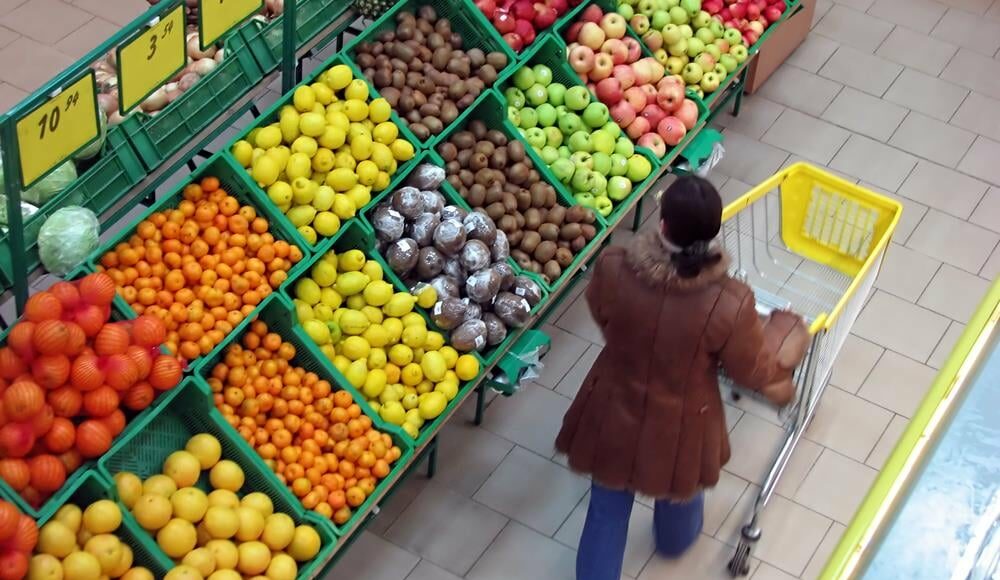Greece is the champion in agricultural product price increases among European countries in the first quarter of 2024.
According to Eurostat data, at national level, most EU countries (21 out of 25 with available data) recorded a decrease in nominal prices of agricultural output in the first quarter of 2024, compared to the same quarter of 2023. The largest price declines were recorded in Hungary (24%), Bulgaria, Romania (both 18%) and Slovakia and the Czech Republic (both 17%).
On the contrary, prices increased in 5 southern countries of the EU, with Greece recording the highest – by far – increase, at 20%, followed by Malta and Spain with comparatively milder increases of 4% and Portugal, Cyprus (1%).
At the European level, in the first quarter of the year the average price of agricultural production fell by 6% compared to the same quarter of 2023. From the analysis of Eurostat data the index related to all crops, including fruit and vegetables , in real terms, indicates that in Greece the increase is 27.2%, followed by Luxembourg with 14%, Portugal with 5.9%, Spain with 5.7%, Malta with 3.6%, Slovenia with 3.1% and Germany with 1.2%.
What triggers Greece’s price spike?
Why do producer prices appear to have such large deviations in Greece compared to the rest of the European market? The answer depends on many factors.
First of all, olive oil, fresh fruits and vegetables are the ones that keep the producer price index at very high levels. As far as olive oil is concerned, the price rallies are a consequence of reduced production. Signs of improvement are expected in the new growing season both in Spain, which works as a barometer of developments, and in domestic production, which this year was set at very low levels of around 20-25% in several regions.
For the evolution of prices in fresh fruit and vegetables, the reality for domestic producers is that they do not develop the same adaptation reflexes in relation to the large crops in the European market. Moreover, extreme weather phenomena affected or destroyed crops. The small lot combined with the lack of organization among producers to achieve economies of scale makes domestic producers particularly vulnerable to exogenous risks.
The destruction in Thessaly, but also the effects of the drought, which affect almost all domestic production, are other factors that have contributed to the increased costs.
At the same time, a large portion of domestic producers are walking on a tightrope from 2020 onwards after the Co-19 crisis which affected the sector’s finances and many agricultural activities are still facing difficulties.



